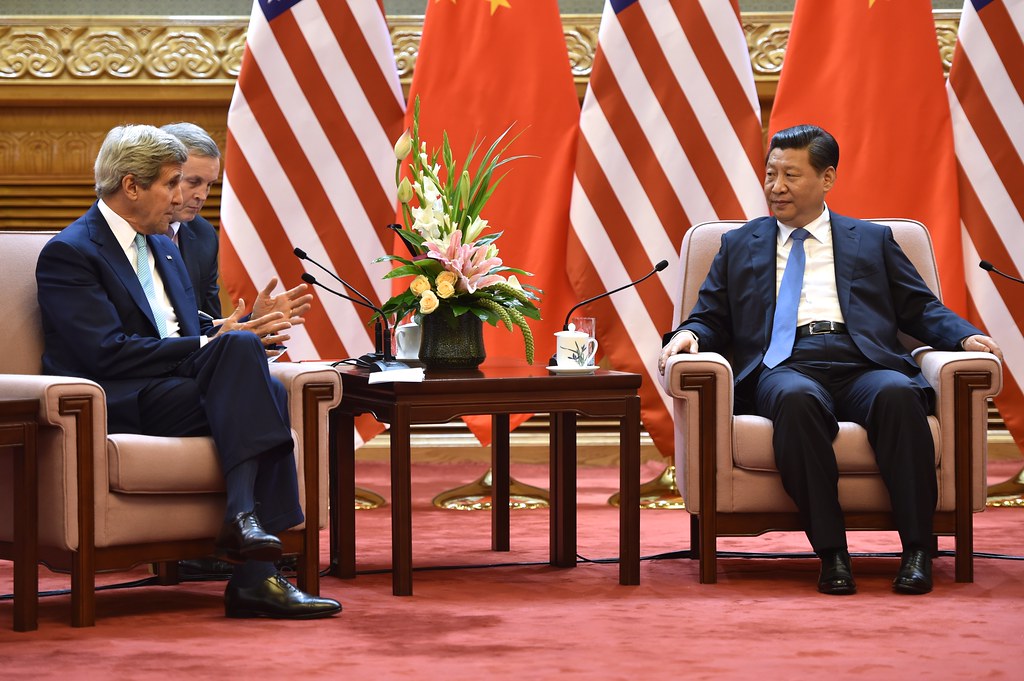 |
| Image: Flickr User - U.S. Department of State |
By Francis P. Sempa
Washington could do worse than reflect on the wisdom, profundity, and erudition of George Kennan’s Long Telegram.
On February 22, 1946, a relatively unknown diplomat from the U.S. embassy in Moscow wrote a lengthy telegram analyzing the motivations of Soviet/Russian foreign policy and recommending a general policy approach that came to be known as “containment.” That diplomat, George F. Kennan, was subsequently appointed by Secretary of State George Marshall to head-up the newly created Policy Planning Staff at the State Department. Kennan and his staff were charged with taking a long-term view of American foreign policy based on current trends in international relations in the context of fundamental American geopolitical interests.
In the Long Telegram, Kennan combined penetrating insight into the motives of Soviet leaders, an analysis of the cultural and historical forces that influenced Soviet conduct, and realistic policy recommendations for meeting the Soviet challenge. A year later, Kennan, using the pseudonym “X,” wrote an article inForeign Affairs entitled “The Sources of Soviet Conduct,” which popularized many of the ideas and policy recommendations of the Long Telegram. This ignited an important policy debate within the United States over the best way to respond to Soviet/Russian aggressive moves around the world. The influential columnist Walter Lippmann, for example, wrote a series of articles that criticized Kennan’s proposed policy for over-committing the United States to the defense of peripheral interests. Meanwhile, the political philosopher James Burnham wrote three books that criticized containment as insufficient and too defensive, and advocated a more offensive policy of “liberation.”
The Truman administration codified containment in a series of National Security Directives, including most famously NSC-68, and responded accordingly to Soviet moves in Berlin and the Eastern Mediterranean, and North Korea’s invasion of South Korea. The unpopular Korean War stalemate and the “loss” of China to the communists brought renewed criticism of containment, and the 1952 Eisenhower presidential campaign, led by the soon-to-be Secretary of State John Foster Dulles, called for replacing containment with a policy of “rolling-back” the Soviet empire. Eisenhower and his successors, however, hewed generally to the policy of containment throughout the Cold War, which is a testament to the practical realism and farsightedness of Kennan’s policy analysis.
Read the full story at The Diplomat
